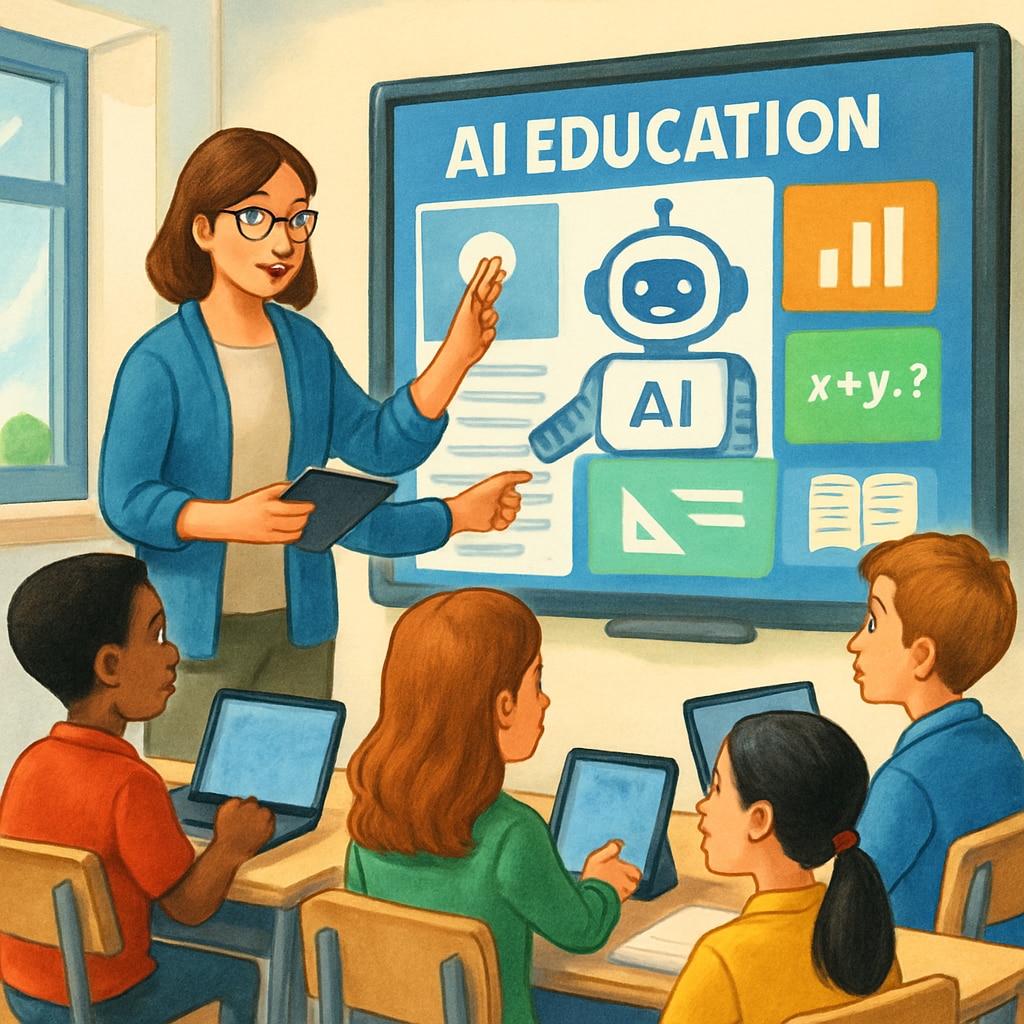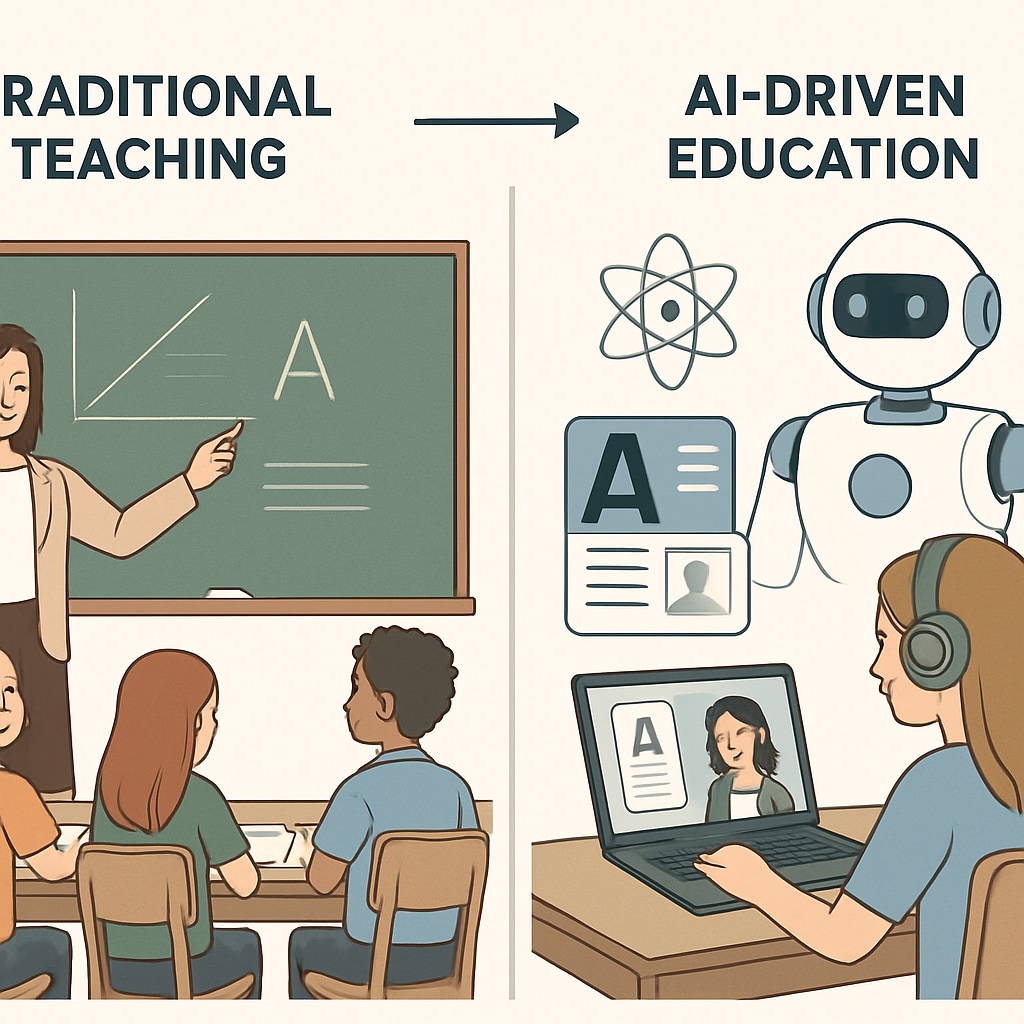The rise of AI in education is fundamentally altering the landscape of teaching, raising questions about the value of educators and the systems that determine their salaries. As schools increasingly integrate AI tools to streamline administrative processes, personalize learning, and improve student outcomes, teachers find themselves at a crossroads. The implications of this shift are profound, demanding a reevaluation of their roles and compensation in an AI-driven era.

How AI is Transforming the Role of Teachers
Artificial intelligence is redefining traditional teaching methods. For example, AI-powered platforms like adaptive learning systems can analyze student performance and customize lessons to suit individual needs. Tools such as automated grading software save teachers hours of administrative work, allowing them to focus on higher-value activities.
However, this transformation comes with challenges. The automation of routine tasks may lead to an undervaluing of the human element in education. Teachers are not only knowledge providers but also mentors, role models, and emotional pillars for students. AI lacks empathy, creativity, and the ability to form meaningful relationships, making human educators irreplaceable in many respects.
Teacher Value in the AI Era: A Paradigm Shift
Traditionally, the value of teachers has been assessed based on their expertise, experience, and ability to manage classrooms. With AI taking over certain aspects of instruction, these metrics may no longer fully capture the contributions of educators. Instead, their ability to adapt to technology, facilitate critical thinking, and nurture emotional intelligence could become the new benchmarks of value.
For example, while AI can deliver personalized learning experiences, it is the teacher who interprets data insights from AI tools to make informed decisions about a student’s progress. Teachers also play a pivotal role in fostering collaboration and communication skills—qualities that AI cannot emulate.

Salary Reevaluation: Are Teachers Paid Fairly in a Tech-Driven World?
The integration of AI in schools necessitates a reevaluation of teacher salaries. If their roles evolve to include managing AI systems, interpreting data, and fostering human-centered skills, their compensation should reflect these additional responsibilities. However, current salary structures may not adequately account for these changes.
Moreover, disparities in how schools adopt AI may exacerbate existing inequalities. Wealthier institutions with access to advanced technology may see their educators thrive, while underfunded schools risk falling behind. Policymakers must ensure that salary reforms are equitable and aligned with the growing demands placed on teachers in AI-enhanced environments.
Preparing Educators for the AI Revolution
To effectively navigate these challenges, teachers need support through professional development and training programs. Schools and governments should invest in upskilling educators to use AI tools effectively and integrate them into their teaching practices.
- Provide workshops and online courses on AI applications in education.
- Offer incentives for teachers who demonstrate proficiency in technology integration.
- Ensure access to AI tools across all schools to promote equity.
As a result, teachers can feel empowered rather than threatened by technological advancements, ensuring their continued relevance and value in the educational ecosystem.
Conclusion: Striking the Balance Between Technology and Humanity
While AI presents opportunities to revolutionize education, it also challenges the traditional perceptions of teacher roles and their value. To address these concerns, schools, policymakers, and educators must collaborate to redefine what it means to be a teacher in the AI era. By aligning salary structures with evolving responsibilities and emphasizing the irreplaceable human qualities educators bring to the table, the profession can adapt and thrive amidst technological innovation.
Ultimately, the goal should be to strike a balance where AI complements rather than replaces human teachers, ensuring that education remains a deeply personal and transformative experience for every student.
Readability guidance: This article utilizes short paragraphs, clear headings, and lists to improve readability. The use of transition words ensures smooth flow while the discussion balances technical insights with accessible language.


